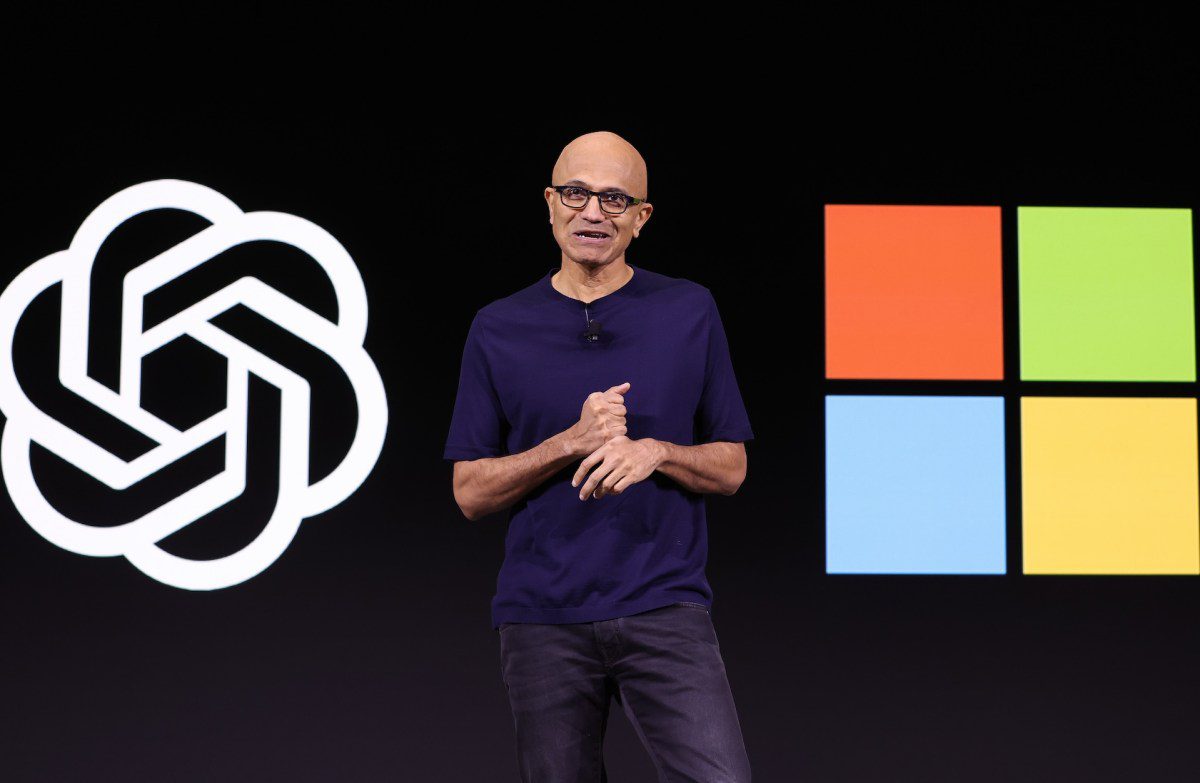
anthropic s claude ai can now automatically Anthropic has introduced a significant upgrade to its Claude AI chatbot, enabling it to automatically remember details from past conversations without requiring user prompts.
anthropic s claude ai can now automatically
Overview of the New Memory Feature
The latest enhancement to Claude AI is designed specifically for Team and Enterprise users, allowing the chatbot to seamlessly integrate users’ preferences, project contexts, and key priorities into its responses. This advancement marks a notable shift from the previous functionality, where users had to explicitly instruct Claude to recall past interactions.
Last month, Anthropic had already rolled out a feature that allowed paid users to prompt Claude to remember previous chats. However, the new automatic memory capability takes this a step further, enabling Claude to access and utilize stored information without any additional input from users. This functionality is particularly valuable for professionals who rely on the chatbot for ongoing projects and tasks.
Implications for Team and Enterprise Users
For Team and Enterprise users, the automatic memory feature presents a range of benefits. By retaining information about ongoing projects, Claude can assist in generating various outputs, such as diagrams, website designs, and graphics, based on files uploaded by users. This capability is particularly useful in collaborative work environments, where understanding team dynamics and client needs is crucial.
Anthropic emphasizes that the memory feature is “fully optional,” allowing users to choose whether or not they want Claude to remember specific details. This flexibility is essential, as it gives users control over what information is retained and how it is used in future interactions.
Managing Memory: User Control and Customization
One of the standout aspects of Claude’s memory feature is the level of user control it offers. Users can view and edit the memory that Claude has stored through the settings menu. This transparency allows individuals to manage the information that the AI references, ensuring that it aligns with their current needs and preferences.
According to Anthropic, “Based on what you tell Claude to focus on or to ignore, Claude will adjust the memories it references.” This adaptability is crucial for maintaining relevance in conversations and ensuring that the AI remains aligned with users’ evolving priorities.
Comparison with Competitors
Anthropic’s introduction of automatic memory capabilities comes at a time when other major players in the AI chatbot space, such as OpenAI and Google, have also begun implementing similar features. Both companies have rolled out cross-chat memories for their respective chatbots, allowing for a more cohesive user experience across multiple interactions.
In particular, a recent report from The New York Times highlighted the rollout of cross-chat memories for OpenAI’s ChatGPT, noting a correlation with an increase in reports of “delusional” AI chats. This raises important questions about the reliability and accuracy of AI-generated responses, particularly when they draw on a broad range of past interactions.
Privacy Considerations and Incognito Chats
Alongside the memory feature, Anthropic is also introducing incognito chats for all users. This functionality allows users to engage in conversations that Claude will not save to its chat history or reference in future interactions. This feature is particularly relevant in light of growing concerns about data privacy and security in AI applications.
Google has similarly rolled out Private Chats for its Gemini AI in August, reflecting a broader industry trend towards prioritizing user privacy. As AI chatbots become more integrated into daily workflows, the ability to engage in private conversations without the risk of data retention is increasingly important.
Stakeholder Reactions
The introduction of these features has garnered mixed reactions from stakeholders in the tech community. On one hand, many users appreciate the convenience and efficiency that comes with automatic memory capabilities. The ability to have a chatbot that understands ongoing projects and can provide tailored responses is seen as a significant advancement in AI technology.
On the other hand, some experts express caution regarding the implications of AI memory. Concerns about data privacy, the potential for misinformation, and the ethical considerations of AI retaining user information are at the forefront of discussions. As AI technology continues to evolve, these issues will likely remain a topic of debate among developers, users, and regulators.
The Future of AI Memory Features
As AI chatbots like Claude, ChatGPT, and Google’s Gemini continue to develop their memory capabilities, the future of these technologies appears promising yet complex. The ability for AI to remember past interactions can enhance user experience, making conversations more fluid and contextually relevant. However, this also necessitates a careful approach to data management and user consent.
Anthropic’s emphasis on user control over memory is a positive step towards addressing privacy concerns. By allowing users to manage what information is retained, the company is taking a proactive approach to ensure that its AI technology aligns with user expectations and ethical standards.
Potential Applications in Various Industries
The implications of Claude’s memory feature extend beyond individual users and into various industries. For example, in sectors such as marketing, design, and project management, the ability to retain and reference past interactions can streamline workflows and enhance collaboration among team members.
In marketing, for instance, AI can remember client preferences and campaign details, enabling it to provide tailored suggestions and insights. Similarly, in design, retaining information about project specifications can help teams generate more relevant and effective outputs.
Moreover, as businesses increasingly adopt AI technologies, the demand for tools that can enhance productivity and efficiency will likely grow. Claude’s memory feature positions it as a valuable asset for organizations looking to leverage AI for competitive advantage.
Conclusion
Anthropic’s rollout of automatic memory capabilities for its Claude AI chatbot represents a significant advancement in AI technology. By allowing the chatbot to remember details from past conversations without user prompts, the company is enhancing the user experience for Team and Enterprise users. The emphasis on user control and privacy, coupled with the potential applications across various industries, positions Claude as a formidable player in the AI chatbot landscape.
As the industry continues to evolve, the balance between enhancing AI capabilities and addressing privacy concerns will be crucial. Stakeholders will need to navigate these challenges carefully to ensure that AI technology remains beneficial and ethical in its application.
Source: Original report
Was this helpful?
Last Modified: September 12, 2025 at 3:39 am
1 views















